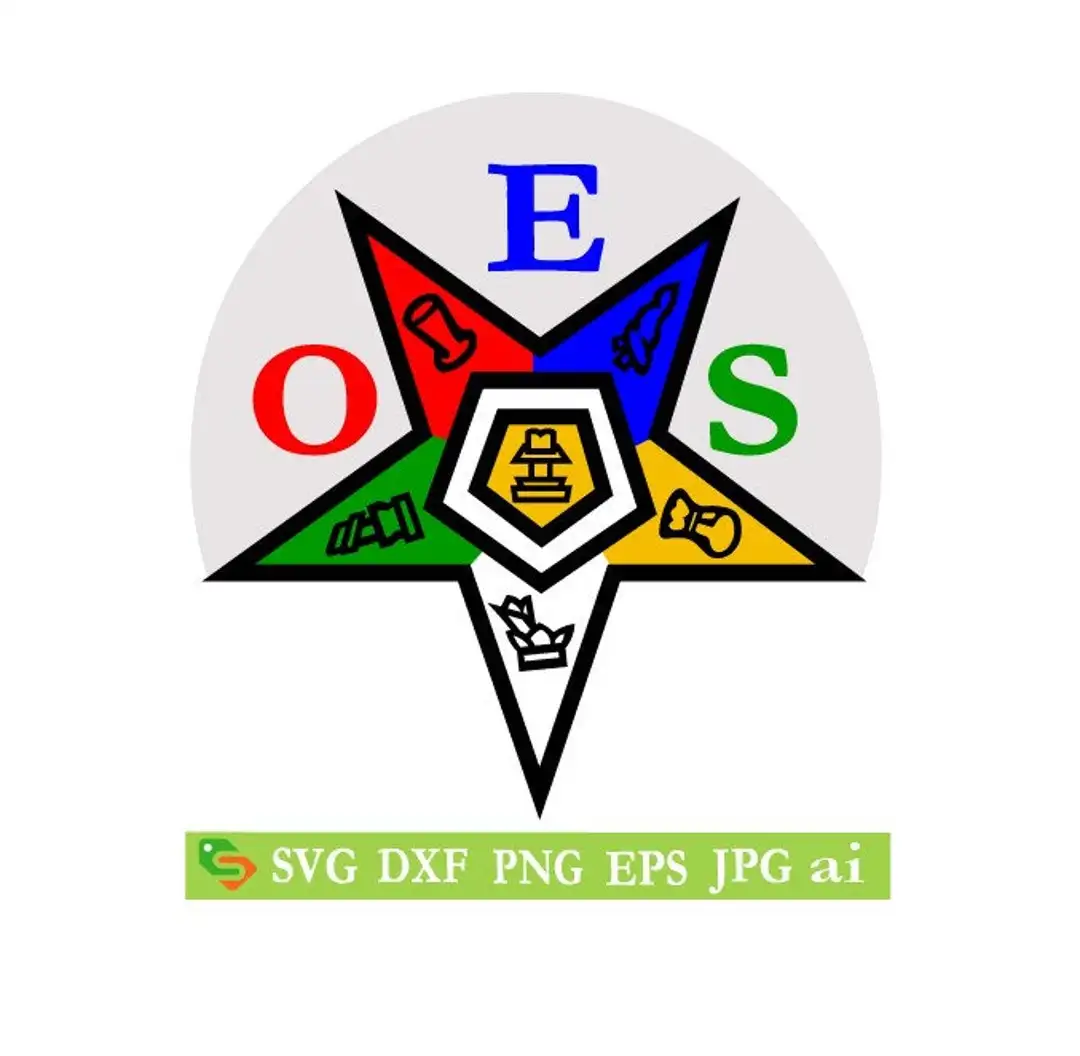
The foundation of unlocking your team's potential lies in understanding the dynamics that govern how team members interact and collaborate. Each person brings their own skills, personality, and experiences to the table which creates a unique blend of capabilities. By assessing these dynamics through team-building workshops or personality assessments, leaders can identify strengths and weaknesses within the group. Encouraging open communication ensures that everyone feels valued and understood, fostering a culture that promotes collaboration and innovation. Recognizing diverse working styles also allows team members to complement one another more effectively, creating a cohesive unit that can tackle challenges with greater efficiency. A successful team operates with well-defined objectives. Leaders should work with their teams to set clear, achievable goals that align with the organization's vision. Establishing SMART (Specific, Measurable, Achievable, Relevant, Time-bound) objectives allows team members to understand their roles and responsibilities within the larger mission. Regular check-ins to assess progress not only keeps the team motivated but also provides opportunities to recalibrate strategies if necessary. When team members are aware of their contributions towards the overall goals, it instills a sense of purpose and accountability, leading to higher performance levels. Effective communication is paramount in any team setting. Leaders should encourage open lines of communication where team members feel free to express their ideas and concerns without fear of judgment. Utilizing various communication channels, such as meetings, emails, and collaborative tools, can cater to different preferences and enhance information sharing. Establishing protocols for feedback ensures that team members receive constructive critiques that promote growth rather than discouragement. This culture of transparency and trust enables teams to work more cohesively towards common objectives, reducing misunderstandings and fostering unity. In a rapidly changing work environment, continuous learning is essential for maintaining a competitive edge. Providing team members with opportunities for professional development not only enhances their skills but also boosts morale and job satisfaction. This might include regular training sessions, workshops, or access to online courses. Encouraging knowledge sharing, such as team-led presentations or lunch-and-learns, allows everyone to benefit from each other's expertise. Ultimately, investing in your team's growth is an investment in the organization's long-term success, as it builds a more skilled, adaptable workforce ready to embrace new challenges. Each team member contributes unique skills and perspectives that are vital to the team's success. Acknowledging these contributions regularly fosters a culture of appreciation that can significantly uplift morale. Recognition can take many forms, from casual shout-outs during team meetings to more formal awards for outstanding performance. This not only motivates the individuals being recognized but also encourages others to strive for excellence. When team members feel valued, they are more likely to remain engaged and committed, which directly reflects in their productivity and teamwork. Support strategies also encompass promoting a healthy work-life balance. Teams that feel overwhelmed or overworked can experience burnout, which negatively impacts performance. Leaders should actively encourage breaks, flexible working hours, and respect for personal time. Implementing policies that support remote work or adjusted schedules can help team members manage their responsibilities more effectively. A well-balanced team is generally more productive, creative, and less prone to turnover, which ultimately benefits the organization as a whole. Collaboration is key to unlocking a team's potential. Providing the right tools and platforms can enhance teamwork and efficiency. Utilizing project management software, shared digital workspaces, and communication applications improves accessibility and coordination among team members. Encouraging collaborative problem-solving sessions helps integrate different perspectives, promoting innovative solutions. Leaders should also model collaborative behavior by working alongside their team, demonstrating the value of teamwork and collective effort in achieving shared success. Feedback is a crucial component of growth, and regular sessions ensure that team members are aware of their performance and areas for improvement. Leaders should create opportunities for both giving and receiving feedback in a constructive manner. This process can range from informal one-on-one discussions to structured performance reviews. When feedback is delivered positively and focused on development, it can reshape the way individuals approach their work and career progression, ultimately leading to a more effective and satisfied team. Effective support strategies include establishing clear objectives, encouraging open communication, recognizing individual contributions, providing continuous learning opportunities, and fostering a strong team culture. A healthy work-life balance prevents burnout, enhances job satisfaction, and increases productivity, leading to higher overall performance and reduced turnover rates. Feedback plays a critical role in team development by providing opportunities for improvement, fostering personal growth, and creating a culture of continuous learning and engagement.Unlock Your Team's Potential with Proven Support Strategies
Understanding Team Dynamics
Establishing Clear Objectives
Implementing Effective Communication Strategies
Providing Continuous Learning Opportunities
Creating a Supportive Work Environment
Recognizing Individual Contributions
Encouraging Work-Life Balance
Fostering Team Collaboration
Conducting Regular Feedback Sessions
FAQs
What are some effective support strategies for team leaders?
How does work-life balance impact team performance?
What role does feedback play in team development?